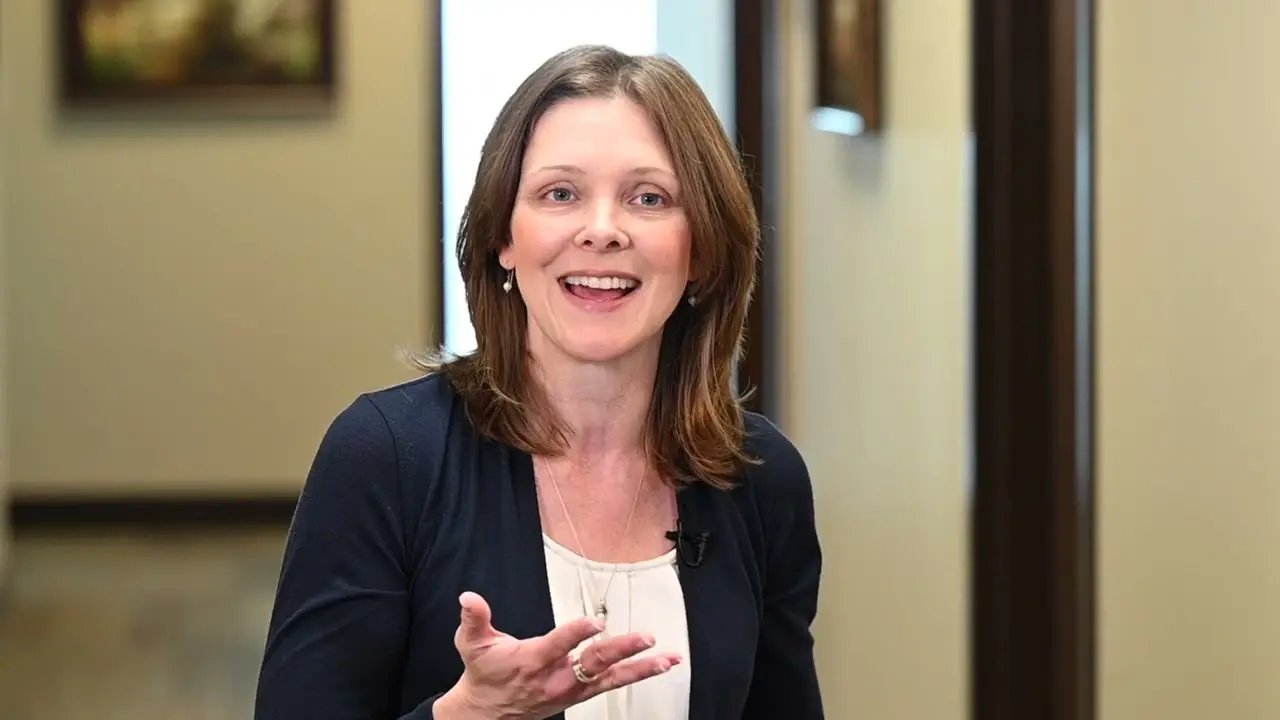
The facts about advanced maternal age and fertility
It’s a fact that female fertility declines with age. More women are delaying motherhood to pursue their life goals, so our Austin fertility doctors want women to understand the relationship between advanced maternal age and fertility.
Many patients are surprised to learn that advanced maternal age is age 35 or older. Although women in this age group are not old by any means, the quality and quantity of their eggs have declined. This can make pregnancy more difficult.
Exploring the link between advanced maternal age and fertility
Age has a significant effect on a woman’s fertility. While men make new sperm every day, women are born with all the eggs they will ever have. Sperm quality and quantity begin to diminish in the mid-40s to 50s for men. However, female fertility begins to decline much earlier.
When it comes to the link between advanced maternal age and fertility, our Austin fertility doctors take care to explain how female fertility works. When a baby girl is developing in the womb, she has about 15-20 million eggs. At birth, she has about five to six million eggs. By puberty, she has about 300,000 eggs remaining. When she is 40, she has less than 10,000. A woman who ovulates regularly releases about 450 eggs during her life. The rest of her eggs undergo programmed cell death (atresia). This process increases in the late-30s and early-40s.
Eggs are also more likely to contain chromosomal abnormalities as a woman gets older. By age 35, about half of the embryos are chromosomally abnormal. These abnormalities can lead to implantation failure, miscarriage or birth defects.
Texas Fertility Center offers fertility treatments for advanced maternal age
Each woman is unique and will require a different treatment plan. Some women may only need oral medication to help them ovulate regularly. Others may need intrauterine insemination (IUI) to overcome male factor infertility or minor fertility issues.
Our team may recommend in vitro fertilization (IVF) to overcome a diminished egg supply (ovarian reserve), male infertility or tubal issues. They may also recommend it to help a patient conceive faster.
In some cases, such as when a woman has a severely diminished ovarian reserve, our Austin fertility doctors may suggest IVF with donor eggs to improve a patient’s chances of welcoming a healthy baby.
The link between advanced maternal age and fertility is real. However, Texas Fertility Center offers proven treatments to help women over 35 bring home a baby. Contact us to schedule an appointment and learn more about treatments for advanced maternal age.













